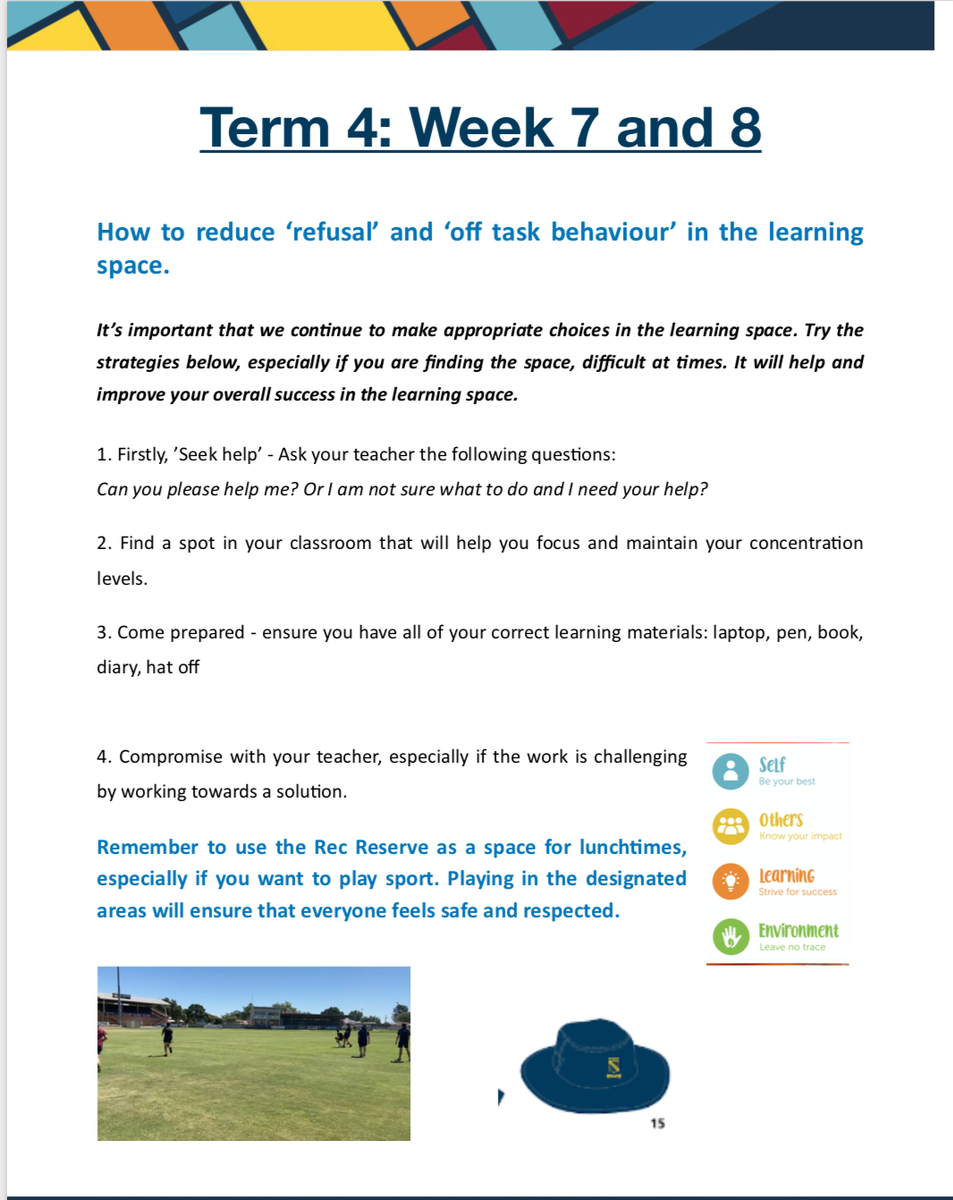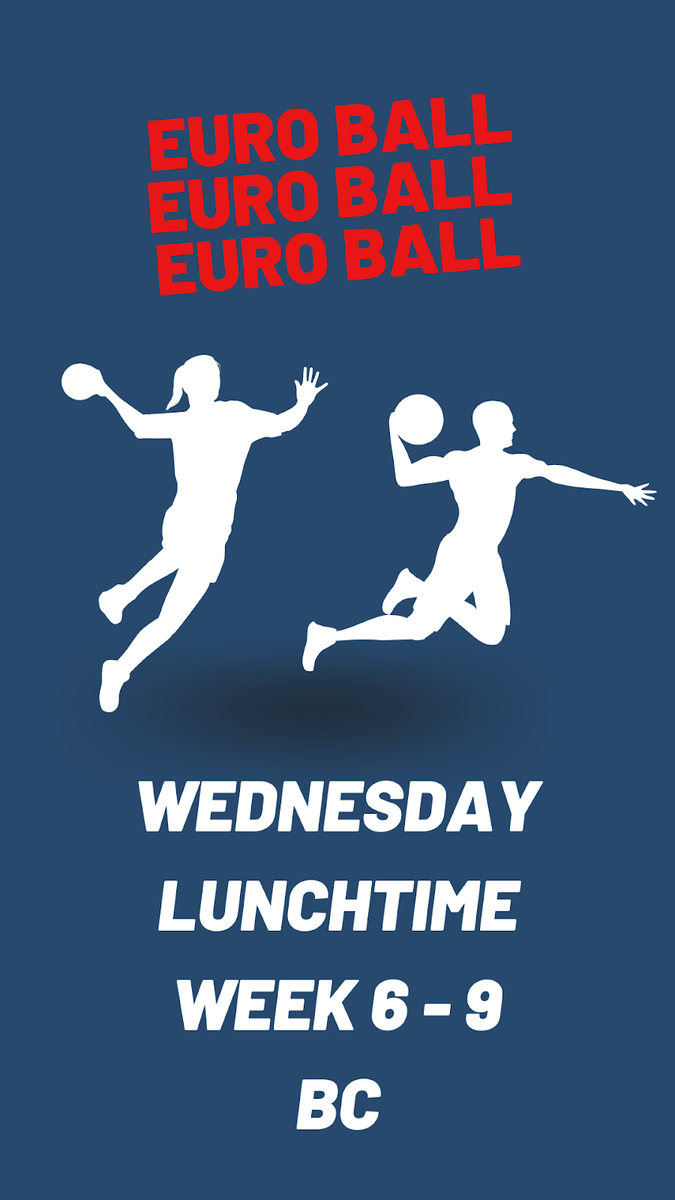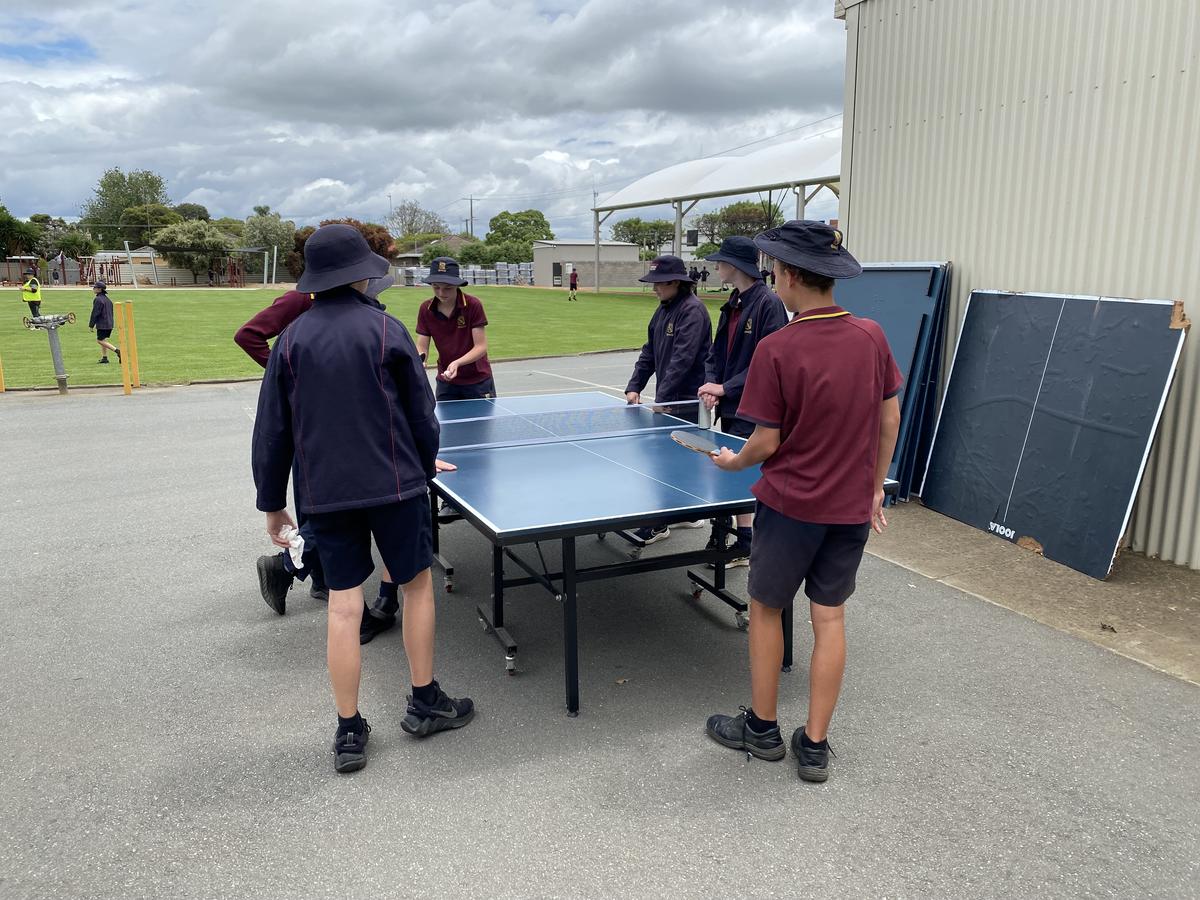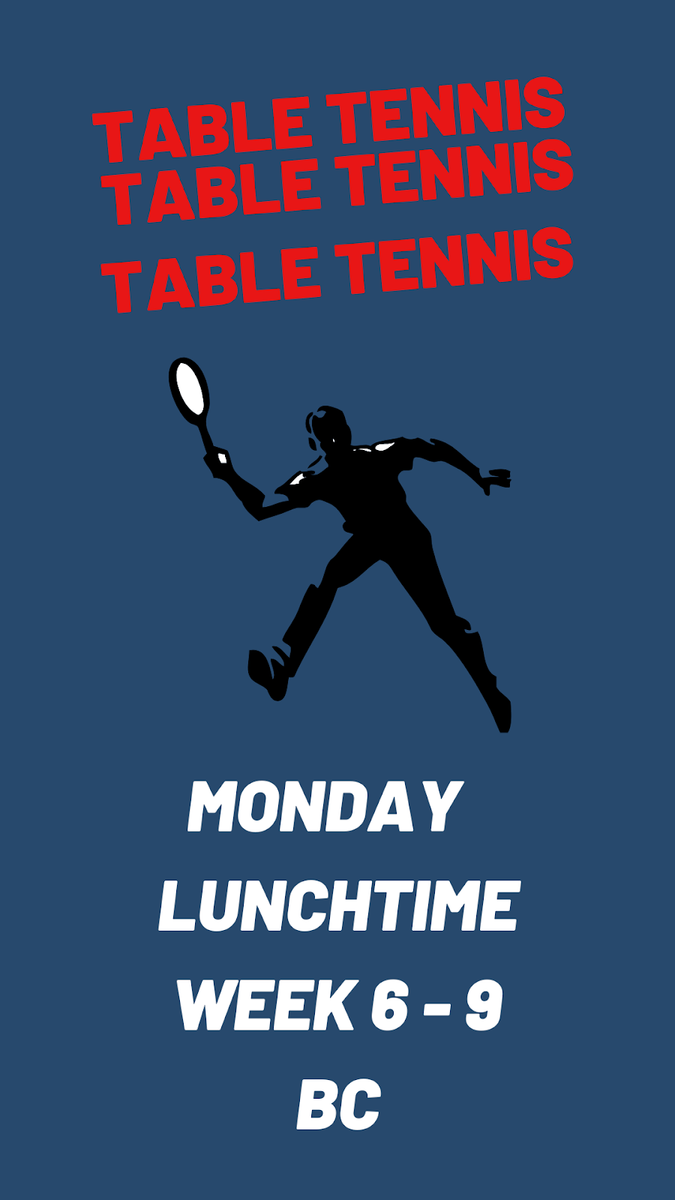5-8 Community News
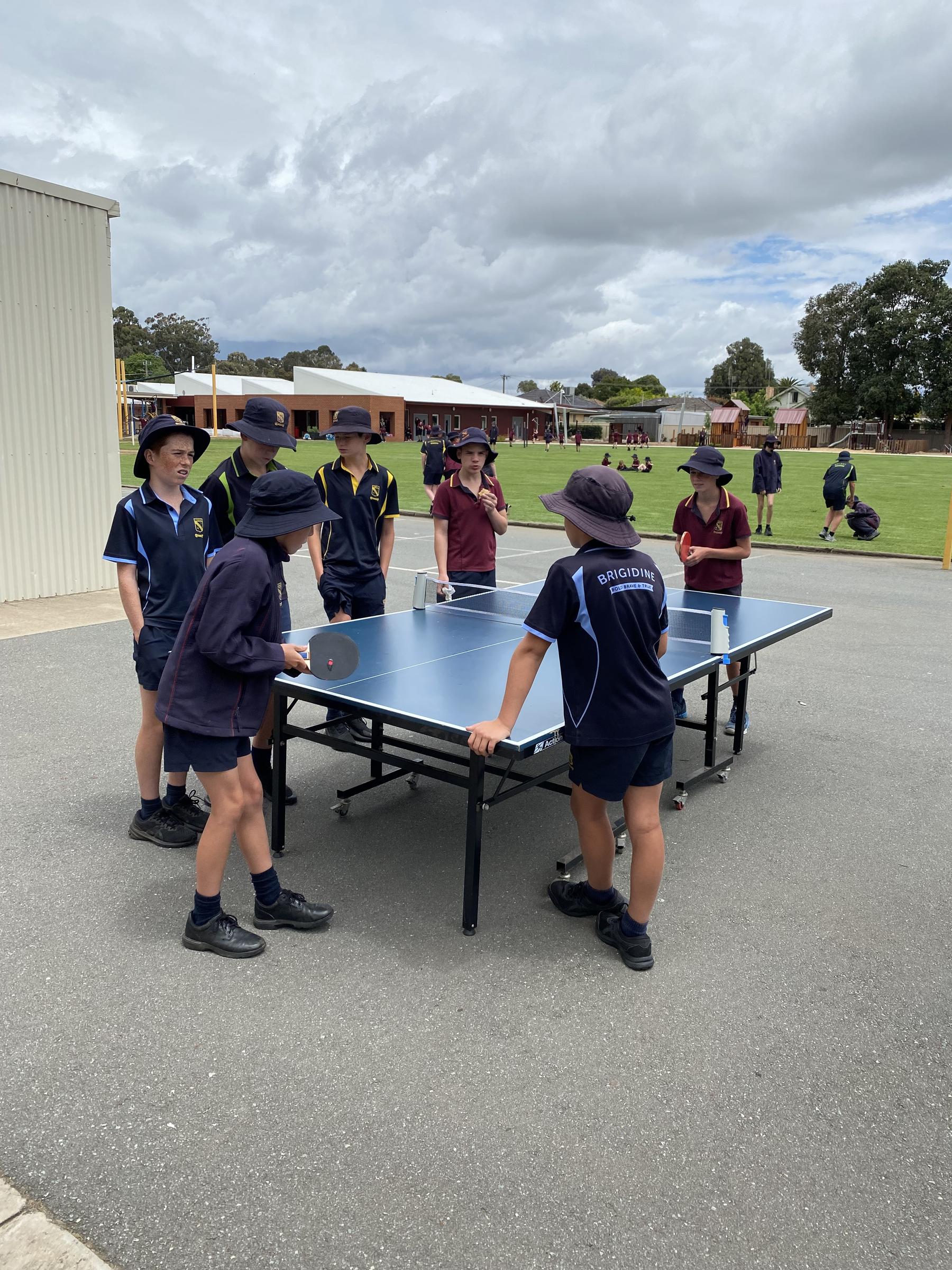
Dear Parents and Caregivers,
It has been another busy fortnight with so many extracurricular activities occurring for our wonderful community.
We look forward to welcoming you, our families, for the Years 5 and 6 Life Relationships Parent evening in two weeks time.
The themes from The Resilience Project continue to drive our learning spaces. Did you know our 7-8 Student Journal’s incorporate a number of these themes that can be practised at home? Themes such as ‘Appropriate use of ICT web applications’ continue to be re-taught. The children have explored the positive and negative impacts of social media: discord, snap chat, instant messaging, Instagram etc.
These websites will be used to support the children:
https://www.esafety.gov.au/key-issues/esafety-guide
https://submit.esafety.gov.au/Produce/wizard/ca3acccd-07bf-4a12-9c0e-f93e50a46ab6?portal=1
What’s important is that our children need to understand that our actions online can severely impact our relationships with one another, and if we don't establish these boundaries and name what upsets us, this can really play on our emotions with one another.
You will notice with this week’s SOLE focus that reducing off-task behaviour continues to be a focus for our Community. Teaching this behaviour encourages our students to make better choices in the learning space, especially if they are finding the space, difficult to manage.
With lunchtime activities commencing, I strongly encourage you to have conversations with your children about attending, particularly if they are finding themselves bored and uninterested in the schoolyard. We offer a lunchtime activity each day, catered to a variety of interests. The poster attached, which can also be found in our learning spaces, shows the activities on offer. A number of activities provide exceptional opportunities, further developing positive relationships/friendships and creating a very safe space for our children.
With the weather starting to warm up, it also means a higher UV radius. This is what burns our skin and creates sunburn. Can we please ensure students come to school with their hat.
Mr. Poppa's top tips for creating safer spaces for young people online:
- As trusted adults, let’s moderate, safeguard, and support young people online at all times. This looks like setting up a learning space where you can monitor the children's phone/iPad screen.
- Ensure that students' emails are used for school purposes only. Conversations, which use explicit language, should not be permitted on any email address.
- Ensure that all social media profiles are not accessible to see. All social media platforms allow accounts to be set on private. It is okay to ask your child what they are using their devices for. This creates communication. Did you know that social media licences are only permitted for students over the age of 13? Our students can still access these websites on their website browser and through their school devices, using the home internet.
- Enable young people to control and edit their own privacy settings quickly and easily eg. what's appropriate to share online and what isn't.
- Make terms, conditions, and rules of engagement upfront, transparent and easy for them to understand. Setting boundaries with your child is really important. For teenagers using their devices in their room, the door open policy is a good one.
- Refer to our school-wide SOLE matrices as a means for supporting your children.
- Ensure that children have had enough time to rest from being in front of their screens. Set some times that are appropriate where your children are not on their screens. It's important that the students are getting 8-10 hours of sleep and are heading to bed at a reasonable time and without any technology around. This can be stored away from the child's bed.
Corey Carver and Anthony Poppa
5-8 Community Leaders
Years 5 and 6 Canberra Excursion
Whilst everyone else was working hard at school, the St Augustine’s 5/6 students were having fun learning about democracy in Canberra. When we got to Canberra we dropped our stuff at our cabins and went straight to the Australian Institute of Sport. The tour guides were three athletes who played rugby, hockey and netball. They were extremely informative and went on to show us a really fun area where we could test out how good we were at different sports. Some of those activities included skeleton, wheelchair racing, rowing, basketball, reflex tests and soccer/football kicking.
On Wednesday we visited the Old Parliament house first, as this is now an exhibit we had to wear gloves and be careful making sure not to touch anything of value. It was here that we learned about prime ministers such as Malcolm Turnbull who was a farmer before he became Prime Minister in 2015. We had lots of fun role playing different members of Parliament and learning about the role and history of the Governor General of Australia. We then went to Mount Ainslie. From the top of the mountain we could see the whole of Canberra and all of the interesting places we had visited such as the Old and New Parliament and the War Memorial. In the afternoon we were lucky enough to participate in ten pin bowling. On the way to ten pin bowling we drove past the High Court of Australia which had each country's flag that Australia had done trade with over time.
Questacon was another highlight of our camp because we were constantly learning new things in a fun scientific way. We were lucky enough to experience Questacon at night having the place almost entirely to ourselves. Everyone loved watching each other on the drop slide. The most popular attractions were the drop slide, earthquake room, lightning cage and the science room. If you’re ever thinking of going to Canberra we definitely recommend Questacon.
New Parliament House was outstanding. We had tour guides who showed us around the massive building. We got to sit in the viewing areas of the Senate and the House of Representatives. We also got to take part in a small re-enactment of passing a bill. We learnt about all the stages of passing a bill and how to make it official. Unfortunately, we didn’t see any major politicians or members of parliament.
Throughout the whole week we learnt a lot about the history of Canberra, the Australian houses of parliament and elections.We would like to thank the Australian Government for contributing funding of $45 to each student under the Parliament and Civics Education Rebate program. The camp would not be possible without this assistance. Everyone had a fantastic time!

